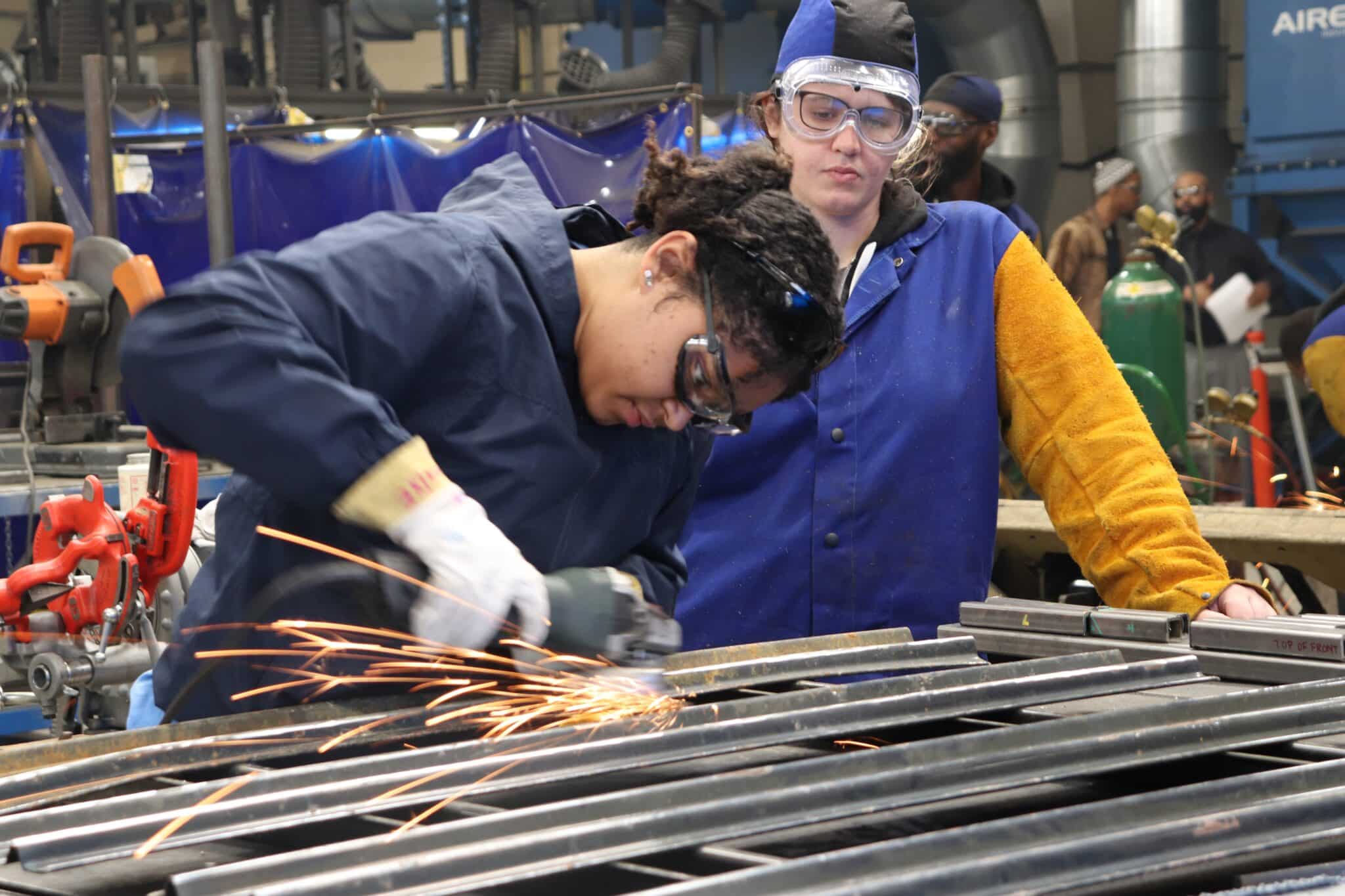BOSTON, MA, October 31, 2022- Education leaders from Massachusetts’ Vocational High Schools with Chapter 74 skilled trades/ manufacturing programs are invited to attend a Career Technical Initiative (CTI) planning session taking place this Thursday, November 3rd, 9:30-11:30am at Assabet Valley Regional Technical High School, 215 Fitchburg Street, Marlborough. This meeting aims to provide a comprehensive planning session for new-to-CTI technical high schools to learn all components of CTI and receive support in taking steps toward CTI application and implementation. CLICK HERE TO REGISTER
The state-funded CTI Program is an initiative of Governor Baker’s administration to up-skill students, as well as adults, for careers in high-demand and high-growth sectors, with an emphasis on creating pathways for people from underserved populations and underrepresented groups to access training. To date, it has funded 25 Career Technical Institutes totaling $16.8M in awards. Remaining technical high schools are invited to join this November 3rd planning session to have questions answered and feel comfortable accessing this funding opportunity.
CommCorp has recently opened procurement for CTI and is seeking to fund new and returning schools. Available funding for this CTI round includes a combined $45.4M from FY23 State and ARPA ’21 budgets. The Request for Proposal will remain open until Monday, November 21S t. Post November 21S t, CommCorp may consider applications for review in a unique circumstance. Funding will support programs starting as early as March 2023 with grant terms ending no later than February 2025.
About CTI: The Career Technical Initiative aims to provide more Massachusetts residents access to career technical training using the state’s existing resources at vocational high schools, while simultaneously helping businesses grow by increasing the population of skilled workers able to be employed in trade and construction jobs. The plan takes a multi-pronged approach to increase student enrollment and includes new state funding to help adults pay for classes, boosts business involvement in program development and credentials, and reduces licensure barriers to incentivize mid-career professionals to become vocational teachers.


